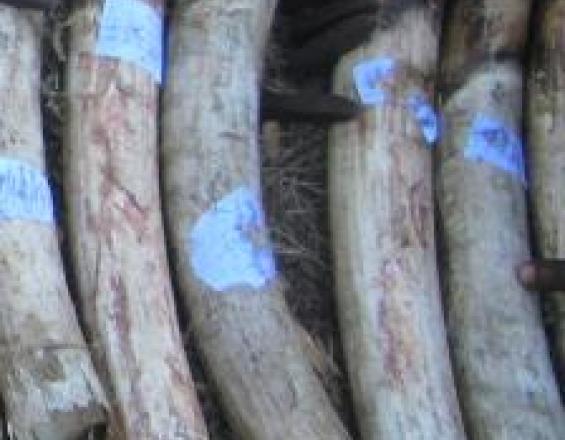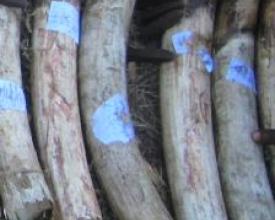Court procedure training improves poacher conviction rate in Tanzania

The Ruvuma Elephant Project (REP) works in a notorious ivory poaching hotspot around the wildlife corridor between Niassa National Reserve, Mozambique and Selous Game Reserve, Tanzania. Early in the project, court conviction rates of poachers were unsatisfactorily low. Since 2013, an annual training has been provided by members of the Judiciary to the game scouts and rangers on the legal aspects of anti-poaching, resulting in highly improved conviction rates.
Context
Challenges addressed
Location
Impacts
Since the introduction of this specific training the conviction rate of suspects has improved by more than 71%. The REP has been very successful overall. The numbers of live elephants recorded from foot and aerial patrols has been similar and remained consistent after the first 18 months of the project, whereas the numbers of elephant carcasses declined to less than one per month compared with up to 42 per month during the first year of operations.
